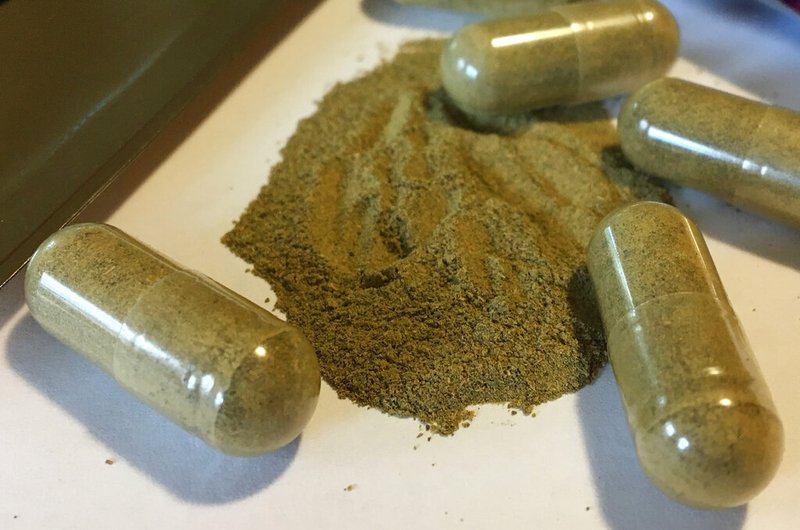An interesting article came into my email inbox the other day from Everyday Health. The website provides health and medical information from providers and patient advocates in the world of clinical care.
The article, "FDA Warns Against Using Kratom: What People With Diabetes Need to Know About the Opioid," is about an unregulated supplement that has addictive and potentially dangerous health effects.
The article states that there are blogs and message boards online where people with diabetes talk about experimenting with the substance in hopes of increasing insulin sensitivity and lowering their blood sugar.
Food and Drug Administration experts say there is no proof that kratom will do that.
According to the National Institute of Drug Abuse (DrugAbuse.gov), kratom is a tropical evergreen tree (Mitragyna speciosa) native to Southeast Asia, with leaves that contain compounds that can have psychotropic or mind-altering effects. It also goes by the names Biak, Ketum, Kakuam, Ithang and Thom.
The leaves, or extracts of the leaves, have been used as a stimulant and sedative, and reportedly have been used for treating chronic pain, digestive ailments and an aid for opium dependence. Kratom is usually taken as a pill, capsule or extract, but some people chew the leaves or brew the dried or powdered leaves into tea. Sometimes the leaves are smoked or eaten in food.
It can be ordered on the Internet, but has not been approved for medical use. As of February 2018, the FDA states, kratom has been legally banned in Arkansas as well as Alabama, Tennessee and Indiana.
The FDA's commissioner, Dr. Scott Gottlieb, who is based in Maryland, is quoted as saying that "compounds in kratom make it so it isn't just a plant — it's an opioid that is associated with novel risks because of the way it is being formulated and used."
Those risks can include brain effects similar to those of morphine. It can also cause itching, sweating, dry mouth, loss of appetite, hallucinations, seizures and increased urination.
As with other drugs with opioid-like effects, kratom can cause dependence as users will feel physical withdrawal symptoms when they stop taking the drug. Side effects include muscle aches, insomnia, irritability, hostility, aggression, emotional changes, runny nose and jerky movements.
The bottom line is that manufacturers can make any claims they want if the product is unregulated and untested.
But there is another side of the same coin. Speciosa.org, the website of the American Kratom Association, is a member of the Botanical Education Alliance, an organization that is working to "preserve plant legality through education."
The association admits there is no direct explanation for how kratom works, but contends that kratom is good for diabetics. The site says that kratom is known to relieve pain and help with relaxation, and since stress and pain can adversely affect blood sugar levels, taking kratom would help relieve those things to lower glucose.
The site also mentions that kratom is supposedly known to help with food cravings, so diabetics, who usually need to control food and their cravings, can be helped that way too.
Kratom is supposed to help lower blood pressure. And is said to be known for its "stimulating and analgesic properties, which could be useful for diabetics with peripheral neuropathy."
Somehow it sounds too good to be true.
Always check with your doctor before trying unregulated supplements such as kratom, but that said, how many of us actually do that? I'll hazard a guess that I haven't in the past. Might be time to start.
Email me at:
rboggs@arkansasonline.com
Style on 05/06/2019
